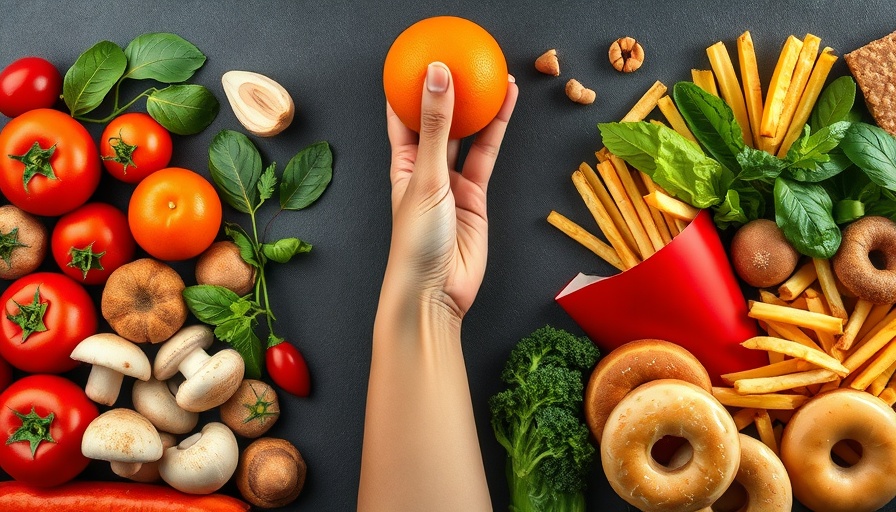
Introduction
In today’s health-conscious world, many of us have adopted a meticulous approach to our eating habits, tracking every macro and calorie. Yet, what if this structured mindset is ironically holding us back from true health? This is a dilemma that Dr. Gabrielle Fundaro, a nutrition expert with years of competitive sports experience, faced when she realized that her dedication to macro tracking was no longer serving her wellbeing. With this article, we will explore her enlightening journey towards regaining trust in her body, using a novel approach she developed - the RPE-Eating Scale.
The Mixed Blessing of Macro Tracking
While macro tracking has its benefits, it can foster a restrictive view of food that leads to anxiety and loss of spontaneity when eating. Despite her qualifications, Dr. Fundaro found herself trapped by the fear of losing control over her nutrition and physique. This conflict raises a crucial question: Can our quest for control often lead to paradoxical freedom?
Introducing the RPE-Eating Scale
Dr. Fundaro's solution emerged from her observations in the gym, where she adopted the Rate of Perceived Exertion (RPE) scale for training. She wondered if a similar approach could apply to eating. This was the birth of the RPE-Eating Scale, which blends structure with the autonomy of intuitive eating. The RPE-Eating Scale encourages individuals to gauge their food choices based on perceived satisfaction rather than restrictive metrics. By enhancing nutritional awareness and emotional connectivity with food, this scale aims to restore the natural trust and pleasure in eating.
Why Trusting Our Instincts Matters
Creating a balance between rigorous dietary practices and intuitive eating can be challenging, especially for those coming out of long-term dieting patterns. The intuitive eating model focuses on listening to one’s hunger and fullness cues instead of relying solely on external tracking tools. This return to inherent body signals is vital for fostering a healthier relationship with food, as outlined in the Intuitive Eating principles. Unlike traditional diets that may anchor self-worth to a scale, the RPE-Eating Scale encourages exploration of personal preferences allowing women to feel empowered in their eating choices.
Practical Application of the RPE-Eating Scale
To incorporate the RPE-Eating approach effectively, it’s essential to develop a sense of mindfulness around eating. Consider utilizing the hunger-fullness scale to begin reconnecting with your body. By recognising states of hunger from 0 (ravenous) to 10 (overstuffed), individuals can start tuning into their physical cues, laying a foundation for intuitive eating.
Overcoming Common Misconceptions
Many women may feel apprehensive about relinquishing strict adherence to tracking foods, fearing negative body image consequences. In fact, research shows that rigid dietary practices can exacerbate problems like disordered eating and negative body sentiments. Acknowledging that it’s okay to indulge occasionally without guilt is a significant step toward dismantling harmful dieting myths.
Encouraging Self-Compassion and Flexibility
Ultimately, the goal of the RPE-Eating Scale is to cultivate an approach to food that embodies compassion and flexibility. When women foster a non-judgmental relationship with food choices, it not only enhances emotional wellbeing but also promotes holistic health. Dr. Fundaro’s approach illustrates that food freedom does not equate to chaos; rather, it combines awareness, intention, and respect for one's body.
Conclusion: The Path to Empowered Eating
For women overwhelmed by the pressures of food tracking and dieting, the RPE-Eating Scale offers a liberating alternative. Learning to listen to your body's signals and trusting in the process can lead to a more positive relationship with food. As you nurture this new perspective, remember that food is not just about sustenance—it's also about connection, pleasure, and joy. Embrace your journey towards food freedom, and allow yourself the grace to enjoy eating again.
 Add Row
Add Row 

 Add Element
Add Element 


 Add Row
Add Row 
 Add
Add 
Write A Comment